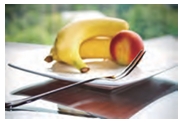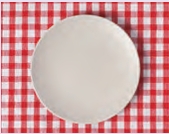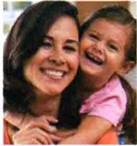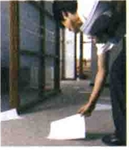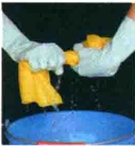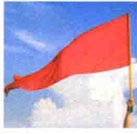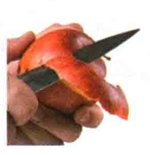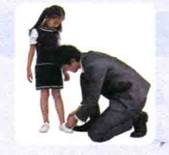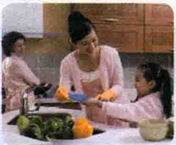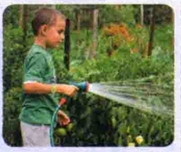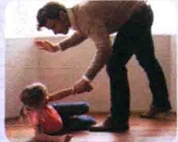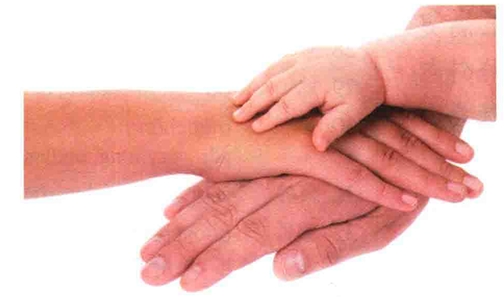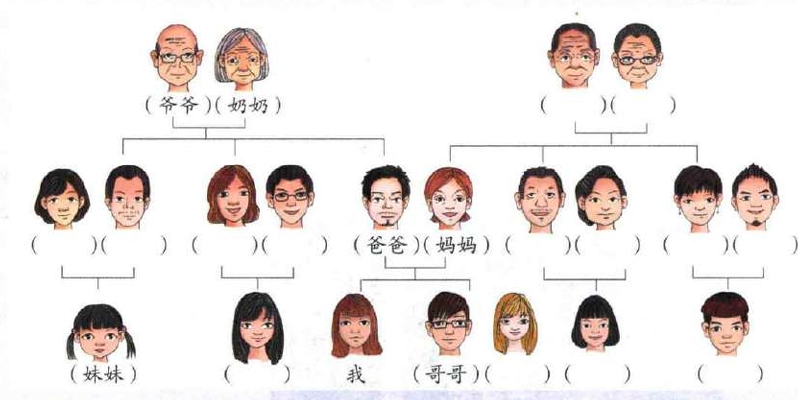练习 Exercises
1 分角色朗读课文 Role-play the dialogues.
2 根据课文内容回答问题 Answer the questions based on the dialogues.
① 大卫在做什么呢?Dàwèi zài zuò shénme ne?
② 昨天上午他在看书吗?Zuótiān shàngwǔ tā zài kàn shū ma?
③ 他们都喜欢看电视吗?Tāmen dōu xǐhuan kàn diànshì ma?
④ 李老师的电话号码是多少?Lǐ lǎoshī de diànhuà hàomǎ shì duōshao?
⑤ 李老师在做什么呢?Lǐ lǎoshī zài zuò shénme ne?
3 用本课新学的语言点和词语描述图片
Describe the pictures using the newly-learned language points and words.

Ānni zài ne.
安妮(Anne)在____呢。

Māma zài
妈妈 在____。

Tā méi kàn shū, zài
他没 看书,在____。

Tā méi gōngzuò, ne.
她没 工作,____呢。
 拼音 Pinyin
拼音 Pinyin
三音节词语的声调搭配(2):二声音节开头 Tone Collocation in Trisyllabic Words (2): words starting with a second-tone syllable
| 2+1+1 | 2+1+2 | 2+1+3 | 2+1+4 |
|---|---|---|---|
| yánjiūshēng postgraduate |
tán gāngqín to play the piano |
túshūguǎn library |
wéishēngsù vitamin |
| 2+2+1 | 2+2+2 | 2+2+3 | 2+2+4 |
|---|---|---|---|
| yínhángjiā banker |
Hánguó rén Korean (people) |
Hánguó yǔ Korean (language) |
rénmínbì RMB |
| 2+3+1 | 2+3+2 | 2+3+3 | 2+3+4 |
|---|---|---|---|
| yóuyǒngyī swimming suit |
yóuyǒngchí swimming pool |
yóuyǒngguǎn natatorium |
niúzǎikù jean |
| 2+4+1 | 2+4+2 | 2+4+3 | 2+4+4 |
|---|---|---|---|
| móshùshī magician |
fúwùyuán waiter, waitress |
bówùguǎn museum |
míngxìnpiàn postcard |
汉字 Characters
1 认识独体字 Single-Component Characters
(1)“日” 是太阳的形象,本义是太阳。
The character “日” uses the image of the sun and its basic meaning is “the sun”.

(2)“目” 是眼睛的形象,本义是眼睛。
The character “目” uses the image of an eye and its basic meaning is “eye”.

(3)“习”,本义是 “学” 过后再反复地温习,达到熟练的程度,现在 “学” 和 “习” 没什么差异。
The original meaning of “习” was to learn and repeatedly review to achieve proficiency. In modern Chinese, however, it means pretty much the same as “学 (to study/learn)”.

2 汉字偏旁 “日” 和 “目” The Chinese Radicals “日” and “目”
| 偏旁 Radical |
解释 Explanation |
例字 Example Characters |
|---|---|---|
| 日 | 日字旁,一般和时间有关系。 The radical “日” is usually related to time. |
明 míng next 时 shí time |
| 目 | 目字旁,一般和眼睛有关系。 The radical “目” is usually related to the eyes. |
眼 yǎn eye 睡 shuì to sleep |
运用 Application
1 双人活动 Pair Work
两人一组,用 “昨天……点,我在……(呢)” 说说自己昨天的活动。
Work in pairs and talk about what you did yesterday using the pattern “昨天……点,我在……(呢)”.
例如:
For example:
A: 昨天 下午 五 点,你在 做 什么 呢?
Zuótiān xiàwǔ wǔ diǎn, nǐ zài zuò shénme ne?
B: 昨天 下午 五 点,我在 学习 呢。
Zuótiān xiàwǔ wǔ diǎn, wǒ zài xuéxí ne.
mǎi dōngxi 买东西
kàn diànshì 看电视
dǎ diànhuà 打电话
shuì jiào 睡觉
2 小组活动 Group Work
3 – 4人一组,互相询问电话号码并记录,每组请一位同学报告情况。
Work in groups of 3 – 4. Ask each other’s telephone numbers and take notes. Each group chooses one member to make a report.
| 姓名 Name | 电话 Phone Number | |
|---|---|---|
| 1 | 小王 Xiǎo Wáng | 139 – 0135 – 1290 |
| 2 | ||
| 3 | ||
| 4 |












